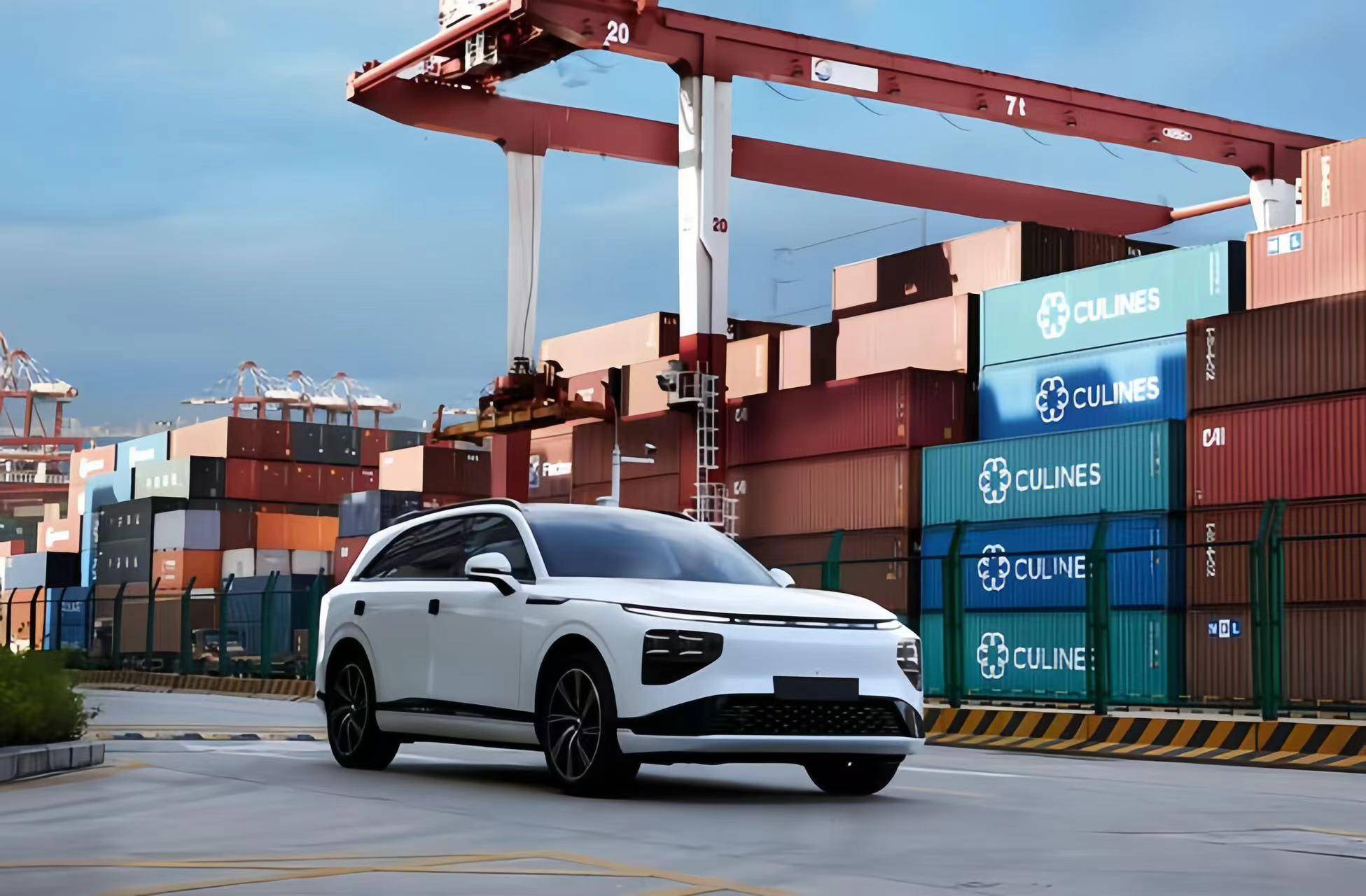
The latest news from Reuters reveals that a non mandatory consultation vote has recently been held within the European Union on the issue of tariffs on Chinese electric vehicles, dramatically revealing the deep rifts between member states. In this vote, a total of 11 member countries including Germany, Finland, and Sweden chose a neutral stance, while the other 4 countries explicitly voted against it. This result undoubtedly reveals the tip of the iceberg of complex emotions and profound differences within the EU on how to respond to the rise of Chinese electric vehicles.
The timeline goes back to September 13, 2023. In his annual policy speech, the President of the European Commission, Ursula Vondrein, officially announced that the European Commission would launch a countervailing investigation on Chinese electric vehicles. This decision was like a stone thrown into a calm lake, causing ripples. After nearly a year of in-depth investigation and intense debate, on July 4, 2024, the European Union finally implemented a temporary countervailing duty on Chinese electric vehicles, with tax rates ranging from 17.4% to 37.6%. This measure not only attracted widespread attention in the economic field, but also caused a huge uproar in the political and diplomatic fields.
However, the true motive behind the EU's actions is far from being as simple as it appears. Under the banner of "safeguarding the overall interests of the EU and correcting market distortions" declared by von der Leyen, there are deep concerns and strategic considerations within the EU about China's economic rise. On the one hand, with China's rapid rise in the field of electric vehicles, the European Union has felt unprecedented economic pressure and competitive threats; On the other hand, some member states, driven by political self-interest, use this issue as a bargaining chip in their attempts to gain more benefits and discourse power within the EU and even on the global stage.
Behind the scenes of this anti subsidy investigation, major automobile manufacturing countries such as France and Italy played key roles. French President Emmanuel Macron had previously expressed concerns about the rise of electric vehicles in China and called on the European Union to take measures to prevent China from achieving similar success in the photovoltaic industry in the electric vehicle sector. During the investigation, countries such as France and Italy continuously exerted pressure on the European Commission to promote the deepening of anti subsidy investigations. Meanwhile, internal market commissioner Breton from France has repeatedly expressed support for the European Commission's investigation, further exacerbating the tense atmosphere within the EU.
It is worth noting that it is no accident that von der Leyen himself started the countervailing investigation at this time. In 2024, as a European election year, she may be trying to curry favor with key member states such as France and Italy, as well as external forces such as the United States, in order to gain more political support through this move. However, this strategy has raised doubts and dissatisfaction among many member states within the European Union. As one of the largest economies within the European Union, Germany is particularly averse to the EU's anti subsidy measures. Due to the high dependence of the German automotive industry on the Chinese market and the close cooperation between China and Germany in the supply chain, Germany is concerned that it will become one of the biggest victims of the EU's anti subsidy measures.
Apart from Germany, other member states such as Finland have also expressed strong dissatisfaction and concerns about the EU's move. They are concerned that anti subsidy taxes will bring uncertainty to the market and value chain, affecting European automobiles

The U.S. third-quarter GDP growth rate, strikingly highlighted at 4.3%, not only surpassed market expectations but also earned the label of "the fastest in two years."
The U.S. third-quarter GDP growth rate, strikingly highligh…
Recently, US personnel intercepted a "Century" super oil ta…
According to Xinhua News Agency, the subtle changes in the …
The rapid development of artificial intelligence has brough…
In December 2025, Taiwan's political scene was shaken by a …
When Apple appears for the Nth time on the list of penaltie…